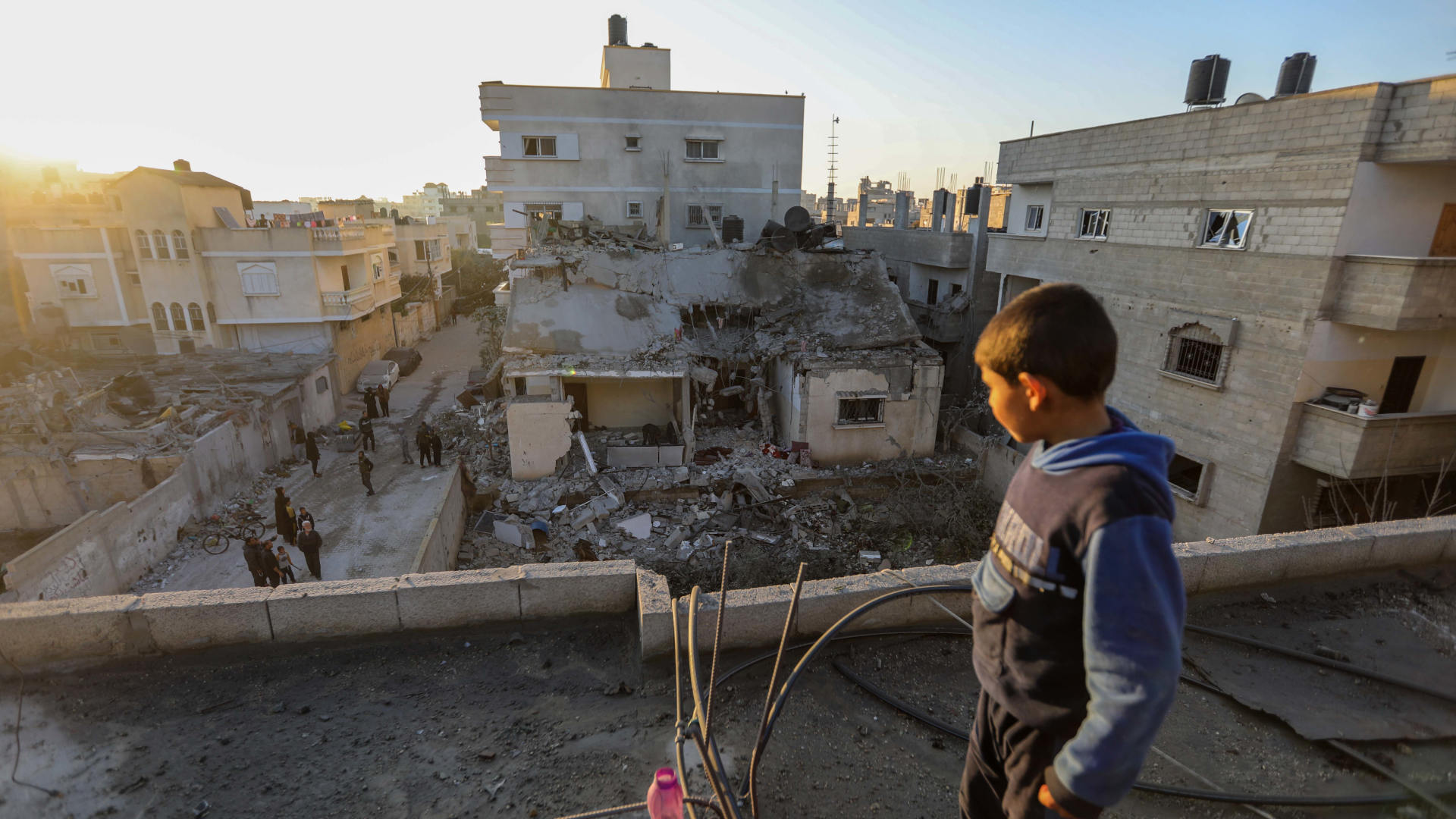The story of a New Zealand mother and her young son, who have been held in U.S. Immigration and Customs Enforcement (ICE) custody for weeks following a short trip to Canada, has brought a spotlight on the complexities and often harsh realities of modern immigration enforcement. What began as a brief family vacation has reportedly devolved into a prolonged and traumatic detention, raising serious questions about the protocols and humanitarian considerations within the U.S. immigration system. The case has sparked outrage among immigration advocates and international observers, who are questioning the necessity of such a severe response to a seemingly minor administrative issue.
The incident’s origins lie in the family’s attempt to return to the United States. The mother, who had been a resident of the U.S. on a work visa, and her six-year-old son, who was born in the U.S. and is therefore a citizen, made a trip to Canada. Upon their return to the U.S. border, the mother’s visa was flagged as expired, and the family was immediately taken into custody. Despite the son being an American citizen, the mother’s expired documentation was enough to trigger a full-scale detention, separating the pair from their established life and placing them in an an uncertain and stressful situation.
The mother’s legal status, or lack thereof, appears to be the primary reason for their detention. While she had an active and pending application for a new visa, her previous one had lapsed. Under U.S. immigration law, an individual without a valid visa can be deemed to have “overstayed” their welcome, making them subject to detention and deportation. This is a common situation for many immigrants, but what makes this case particularly striking is the fact that her six-year-old son, a U.S. citizen, was detained along with her. This raises difficult questions about the treatment of children and the discretion used by immigration officials when dealing with families.
For many, the detention of a six-year-old U.S. citizen is a bridge too far. The child is not an immigrant; he is a citizen with a right to be in the country. To hold him in a detention facility, regardless of the circumstances of his mother’s legal status, is viewed by many as a violation of his rights and a moral failure. Advocates argue that the system should have a more compassionate and pragmatic approach, allowing the mother to remain in a less restrictive environment while her legal case is processed, especially given that she has a young U.S. citizen to care for. The current policy, however, seems to prioritize strict enforcement above all else, regardless of the humanitarian cost.
The family’s detention also highlights the bureaucratic labyrinth of the U.S. immigration system. The mother’s pending visa application, which she reportedly filed in good faith, was not enough to prevent her detention. This shows how little weight is given to an individual’s intent or good-faith efforts to comply with the law. The process is often unforgiving, and a single administrative error can lead to a prolonged and difficult legal battle. The family is now forced to navigate this complex system from within a detention facility, a situation that puts them at a significant disadvantage and prolongs their separation from their home and community.
The narrative has also highlighted the state of ICE detention centers. According to accounts from the family’s legal representatives and support organizations, the environment is particularly tense and disturbing for minors. These centers, intended for adults accused of breaching immigration regulations, are inappropriate for children. The situation can cause trauma, potentially resulting in extended psychological harm. The absence of a clear, compassionate solution for families in these circumstances is a significant critique from those advocating for changes in immigration policies.
The case of the New Zealand mother and her son is a powerful and poignant example of how a single administrative misstep can have a devastating impact on a family. It forces a critical examination of the U.S. immigration system’s priorities: is its primary purpose to enforce the letter of the law, or to balance that enforcement with a sense of compassion and proportionality?
The public reaction suggests that many believe the system has lost its way, and that a more humane and flexible approach is needed, particularly when the lives of children are at stake. This single event has become a microcosm of a much larger, ongoing debate about the future of immigration in the United States.







